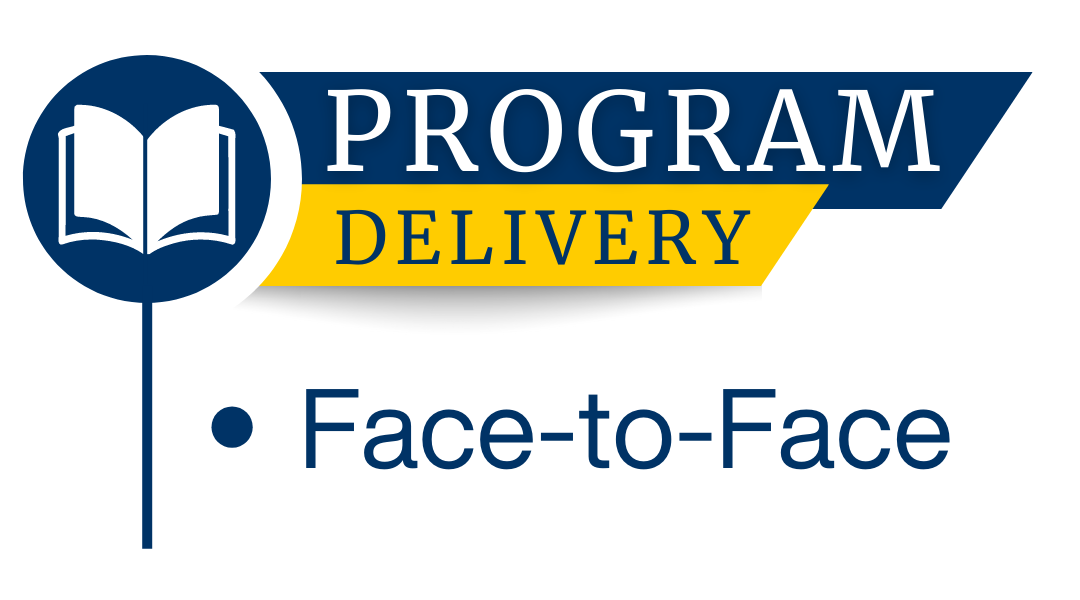
All Media and Communication majors begin with common courses designed to establish a strong foundation in visual, verbal and written communication.
Other courses in the core help students develop skills in communication through multiple media and give students insights into professional, theoretical, critical and historical aspects of the industry. From there, students have the flexibility to take upper-level courses related to their interests in radio, TV/film, speech and performance communication, digital media, and public relations. Opportunities are available for student participation in performances; in print, online and broadcast journalism; and in radio, video and television productions. All students gain practical professional experience through required internships and practicums.
PROGRAM OBJECTIVES
The Media and Communication program gives students the knowledge and skills needed to become effective professional communicators in their chosen field. The Media and Communication graduate is expected to be able to achieve the following objectives:
PROGRAM REQUIREMENTS
Note: The information below provides convenient links to some of the courses required for this degree; however, it should not be used as a course registration guide. Please refer to the official Lander University Academic Catalog for the most accurate and up-to-date program requirements.
| GENERAL EDUCATION REQUIREMENTS1 | CREDIT HOURS |
||
|---|---|---|---|
| A. Core Skills |
|
||
| ENGL 101 | Writing and Inquiry I | 3 | |
| ENGL 102 | Writing and Inquiry II | 3 | |
|
Approved Mathematics |
3 | ||
|
B. Humanities and Fine Arts |
6 | ||
| C. Behavioral and Social Perspectives (6 hours selected from 2 different disciplines) |
6 | ||
| D. Scientific and Mathematical Reasoning | |||
| Approved Science or Mathematics | 3 | ||
| Approved Lab Science | 4 | ||
| E. Founding Documents of the United States | |||
| HIST 111R2 |
United States History to 1877 |
3 | |
| F. World Cultures | 3 | ||
| G. LINK 101 | 1 | ||
| University Requirement | |||
| FALS 101 | 15 FALS-approved events (Temporarily suspended) |
0 |
|
| Total General Education Requirements | 35 | ||
1 For approved courses see the General Education section
2 If you already have credit for HIST 111, do not take HIST 111R; if you already have credit for HIST 112, do not take HIST 112R; if you already have credit for POLS 101, do not take POLS 101R
| MAJOR PROGRAM CORE REQUIREMENTS | CREDIT HOURS |
|
|---|---|---|
| JOUR 201 | Introduction to Journalism | 3 |
| MEDA 101 | Introduction to Mass Media | 3 |
| MEDA 200 | Media Skills | 3 |
| MEDA 202 | Radio Production | 3 |
| MEDA 310 | Digital Video Production | 3 |
| MEDA 341 | Introduction to Public Relations | 3 |
| MEDA 421 | Seminar in Media Law and Ethics | 3 |
| MEDA 460 | Emerging Media | 3 |
| MEDA 499 | Senior Capstone | 1 |
| SPCH 101 | Speech Fundamentals | 3 |
| SPCH 201 | Voice and Diction | 3 |
| MAJOR PROGRAM ADDITIONAL REQUIREMENTS | CREDIT HOURS |
|---|---|
| Writing JOUR 375, MEDA 261, MEDA 360, MEDA 390 |
3 |
Visual Communication JOUR 203, JOUR 302, MEDA 204, MEDA 219 |
3 |
Internship or Practicum MEDA 290, MEDA 490, MEDA 491, THTR 490 |
3 |
| Total Major Program Requirements | 40 |
| Additional Electives | 45 |
| TOTAL FOR BS DEGREE | 120 |